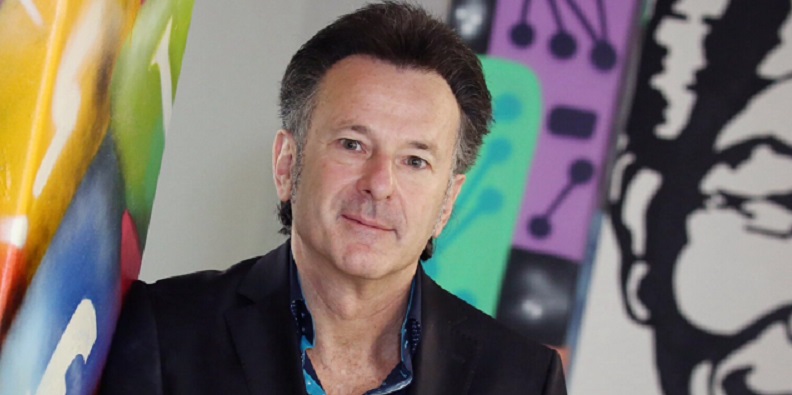Calling all marketers, do you think you send the best emails? Make it official by claiming victory at Everlytic’s You Mailed It Email Marketing…
Eight important lessons when raising venture capital [Opinion]

It is important for every entrepreneur to recognise that to raise venture capital (VC) is only one way to build and scale a business and the most important question every entrepreneur needs to ask is not “How do I raise venture capital?” — it is rather “Do I need to raise venture capital?”.
The following eight lessons are for the entrepreneur who has answered yes to the second question and now wants to tread through the often-intimidating water of raising venture capital, told through the lens of a venture capitalist.
1. Do I need to raise venture capital?
Bootstrap your company before you try and raise institutional capital.
Although many investors only invest in companies where they feel they can add strong strategic value and help build a hugely successful business, bootstrapping will help you avoid giving up too much equity to early and rather focus on signing up customers to increase the value of your company.
2. Get your timing right!
It goes back to the opening question, “Do I need to raise capital?”. Raising capital is extremely time consuming. It would be better spent on getting customers and developing your market.
Raising capital does not validate your business model only customers (traction) do. You are either running and building your business or raising capital.
3. Raise capital before you desperately need capital
The risk in raising capital under the circumstances when you desperately need capital to let your business breathe again, is that you make a decision you can’t control.
Having money before you need it grants you breathing room over the long haul to make smarter decisions in down times and transformative ones in good times.
4. Know what investors look for
There are many critical pieces required to make a start-up successful, many sophisticated investors look for three key ingredients before making an investment.
Most startups fail because they fail at one or more of these three pillars:
- Firstly, good people. Have the best team on the planet.
- Secondly, make something customers want by confirming product market fit.
- Thirdly, having the ability to sell and ensure getting and keeping customers should be your number one priority.
5. Think like an investor and make the deal attractive to the investor
Venture capitalists are looking for returns, they are looking for that 10X company that will become the next gazelle or unicorn. Put yourself in their shoes and understand your investors business model. Are you a venture capitalist type of deal?
VC’s will look at your deal from three angles — namely 1) Are you investable, 2) Is the deal investable and 3) Is the risk investable — you will need all three angles to be a definite yes to get the capital.
Investors are looking for scalable businesses and in order for you to raise finance you need to show your traction channels and how you will scale. Your product or USP needs to be 10X better than anything else on the market.
6. Lack of traction = Lack of funding
Unless your team consists of successful serial entrepreneurs, and even then, investors expect customer or user traction. Most businesses do not fail due to lack of product development, but rather due to lack of market and customer developments.
It’s what investors everywhere are looking for in order to determine whether to anoint your startup “the next big thing” and inject the capital needed to accelerate your business.
7. Investors back the jockey before they do the horse
Investors invest in people and not ideas or products and services, and so whilst many entrepreneurs have a great product or service they do not demonstrate the business skills required to build a successful business around their product or service.
A great entrepreneur, especially those backed by an outstanding team, can tweak, improve, and refocus a business idea as needed, while a mediocre entrepreneur is likely to ruin the promise of a brilliant business concept.
8. A good business does not equal a good an investable business.
It is important for entrepreneurs to recognize that investors look to invest in businesses that will provide them with above average returns. Most technology investors look for a 10X return on their invested capital. If they invest R10 million they will be looking for a return of R100-million in five to eight years.
An entrepreneur might be building a good business which does not fit the investors mandate due to the lack of scalability of the business.
Final thoughts
There isn’t any magic formula, and contrary to popular myth, nobody is waiting in the wings to throw money at you just because you have a new and exciting business idea.
It is becoming more difficult to find suitable entrepreneurs to fund and although there are millions of ideas but not many million-dollar entrepreneurs.
The world is not short of great ideas or products, the world is short of great entrepreneurs, are you one of them?
Clive Butkow is the CEO of Kalon Venture Partners, a South African Section 12J venture capital (VC) company.

